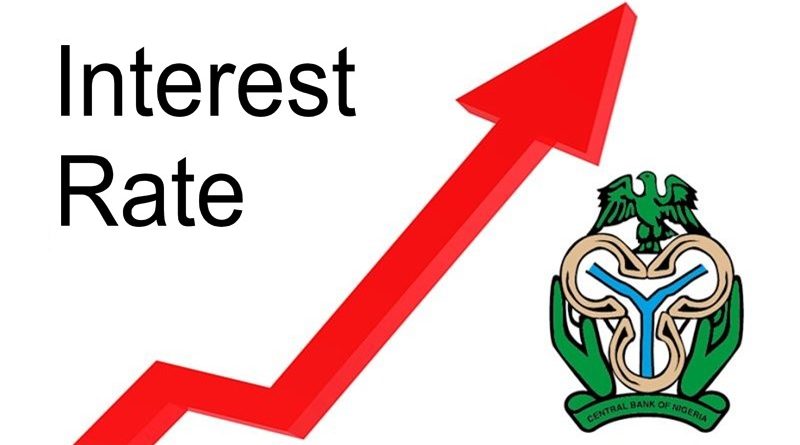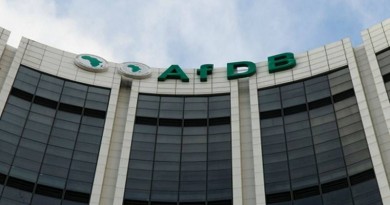CBN raises interest rate by 25bps to 18.75%
The Monetary Policy Committee (MPC) of the Central Bank of Nigeria (CBN) today raised the monetary policy rate or MPR (minimum lending interest rate) by 25 basis points to 18.75%. The acting Governor of the CBN, Mr. Folashodun Shonubi, disclosed this during a press briefing at the end of the 292nd MPC meeting.
According to Shonubi, “the MPC unanimously decided to hike the Monetary Policy Rates. Six members voted to raise the MPR, four by 25 basis points, two by 50 basis points, and five voted to maintain the MPR at its current level. All members voted to narrow the acementric corridor from +100 to -700 basis points around the MPR to a new level of +100 and -300 basis points. In summary, the MPC voted to raise the MPR by 25 basis points, from 18.5% to 18.75%,” he said. The decisions reached by the MPC include:
- Raise the Monetary Policy Rate (MPR) by 25bps to 18.75%
- Adjust the asymmetric corridor of the MPR at +100 / -300 basis point.
- Retain Cash Reserve Ration (CRR) at 32.5%.
- Retain liquidity ratio at 30%.
The MPC underlined that the general outlook for the global and domestic economies remains uncertain, with the Russia-Ukraine crisis and China’s delayed recovery being important downside risks to output growth.
Concerning the home economy, the MPC stated that factors contributing to the uncertainty include instability among farming communities, high PMS prices, and the continuance of currency market pressures. The MPC stated that available data and predictions for key macroeconomic indicators indicate that the economy will grow, but at a slower rate.
During the evaluation period, the committee saw that the stock market remained bullish. This reflects sustained investor confidence in the Nigerian market, as investors anticipate a more stable macroeconomic environment after the bank’s and federal government’s present policies have fully permeated the economy.
The MPC also emphasized the banking system’s continued stability, as financial soundness indicators remained strong. The capital adequacy ratio fell to 11.2% (still within the 10% – 15% regulatory guideline). Furthermore, in June ’23, the NPL ratio was 4.1%, while the liquidity ratio grew to 48.1%.
The committee underlined that recent policy and foreign exchange market improvements will improve market transparency and attract additional foreign capital inflows. The MPC emphasized the need of the CBN using effective policies that encourage diaspora remittances to assist mitigate exchange rate pressures.
Furthermore, the committee expressed concern about the continued rise in inflation and its negative impact on economic growth and household income. Furthermore, the MPC emphasized that policy measures such as subsidy elimination, currency liberalization, and palliative distribution would have a pass-through effect on inflation. As a result, the committee recommended the monetary and fiscal authorities to continue their partnership in tackling inflationary pressures and incentivizing domestic investment in order to reduce unemployment and enhance output growth.
The committee also underlined the importance of attracting investments, notably in the auto manufacturing and rail industries, in order to increase non-oil revenue. The MPC considers that a modest rate hike is required to maintain efforts to stabilize inflation expectations, close the negative real interest rate gap, and boost investor confidence.




